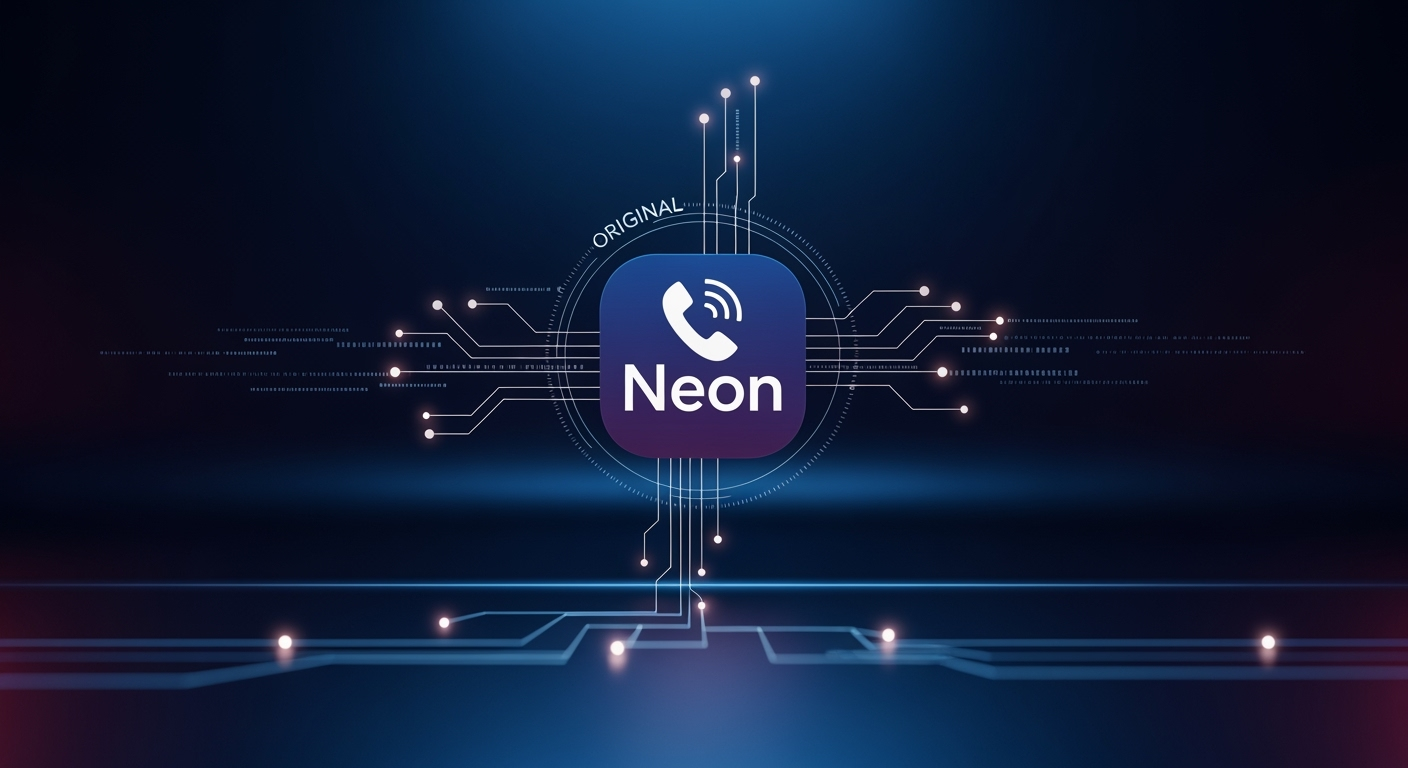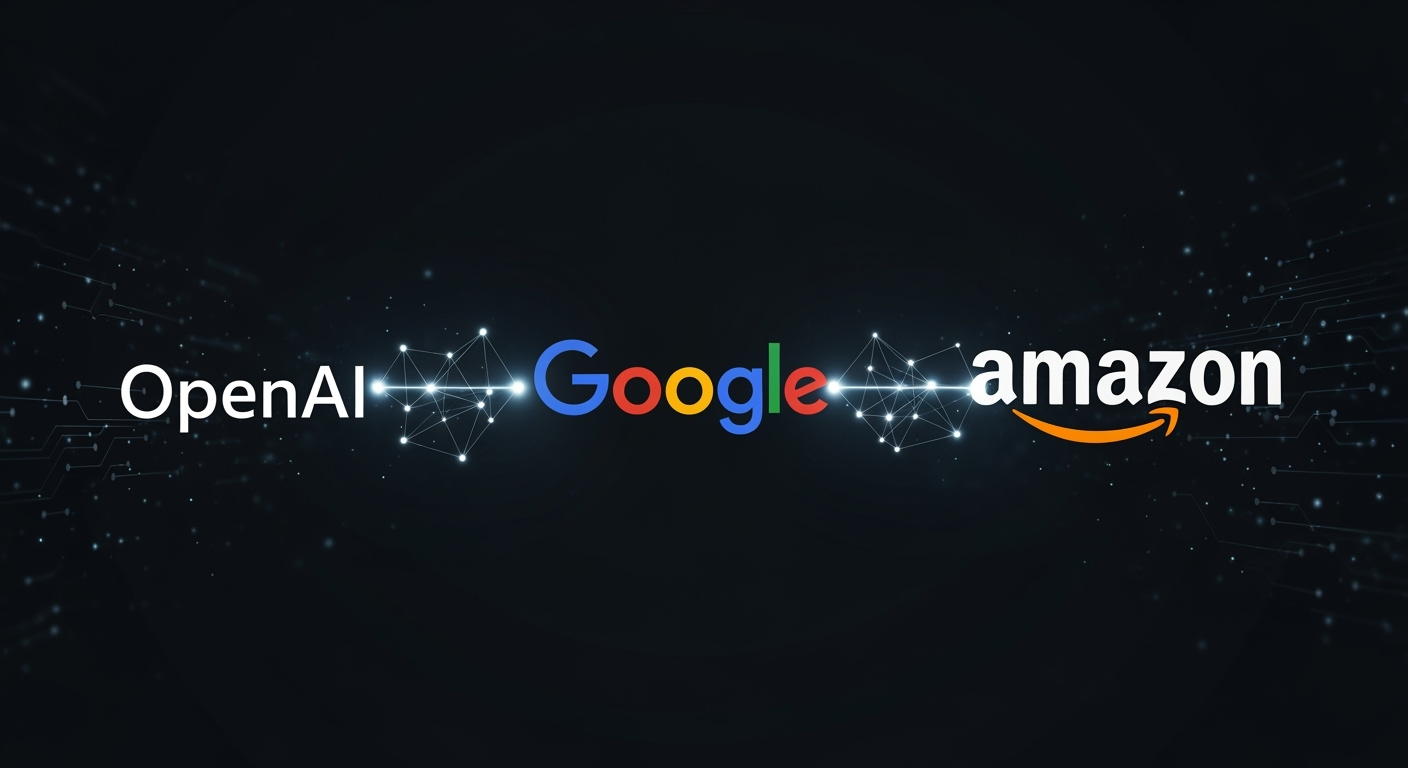Neon: The App Paying Users for Call Recordings to Fuel AI

Neon: The App Paying Users for Call Recordings to Fuel AI
A new app called Neon Mobile is shaking up the social tech world—and sparking privacy debates—by offering users cash to record their phone calls. Within days, Neon skyrocketed to the No. 2 spot in the U.S. App Store’s Social Networking category, demonstrating both the public’s curiosity and willingness to trade privacy for cash.
How Neon Works
Neon pitches itself as a way to make “hundreds or even thousands of dollars per year” by simply recording your phone conversations. Here’s how:
- Users earn 30¢ per minute for calls with other Neon users.
- Users can earn up to $30 per day for calls with anyone else.
- Referral bonuses are also available.
The app’s rapid climb—from No. 476 to No. 2 in a matter of days—signals a growing segment of users open to monetizing their personal data, even when it means surrendering some privacy.
What Happens to Your Data?
According to Neon’s terms of service, users grant the company broad rights over their recordings, including the ability to sell, modify, and distribute the audio data in any format, now or in the future. Neon claims it only records your side of the call unless you’re speaking with another Neon user. All audio data is then sold to AI companies for training and improving machine learning models.

While Neon states it removes personal identifiers such as names and emails before selling data, experts point out that voice recordings can be used for impersonation or fraud, especially when combined with phone numbers or other metadata.
Legal and Privacy Concerns
The legality of Neon’s approach hinges on recording only one side of the conversation. In many U.S. states, this practice sidesteps wiretapping laws requiring both parties’ consent. However, privacy lawyers warn that the company’s policies grant it extensive rights, leaving users exposed to risks:
- Potential for voice-driven fraud or impersonation by third parties.
- Lack of transparency regarding which AI companies purchase the recordings.
- Broad rights for Neon to use recordings for virtually any purpose.

Neon does not notify the recipient of a call that it is being recorded, raising further ethical questions about consent and privacy for non-users.
Who Is Behind Neon?
Neon was founded by Alex Kiam, who operates out of New York. Although Kiam has raised funding from notable investors, the company remains relatively opaque about its partners and long-term plans.

Changing Attitudes Toward Privacy
Neon’s popularity highlights a shift in attitudes toward personal data. Whereas past revelations about data collection by major tech players like Facebook or VPN providers caused public outcry, today’s users seem more willing to accept—or even profit from—such practices.
Legal experts note that while users may knowingly sell their data, they might not fully understand the risks or the impact on others whose conversations are incidentally captured and sold.
Key Takeaways for Business Leaders
- AI’s appetite for real-world data is growing, fueling new business models around data acquisition.
- Transparency and consent are critical: businesses leveraging similar models should be clear about data use, storage, and third-party partnerships.
- User education is essential to avoid unintended privacy violations and maintain trust.





